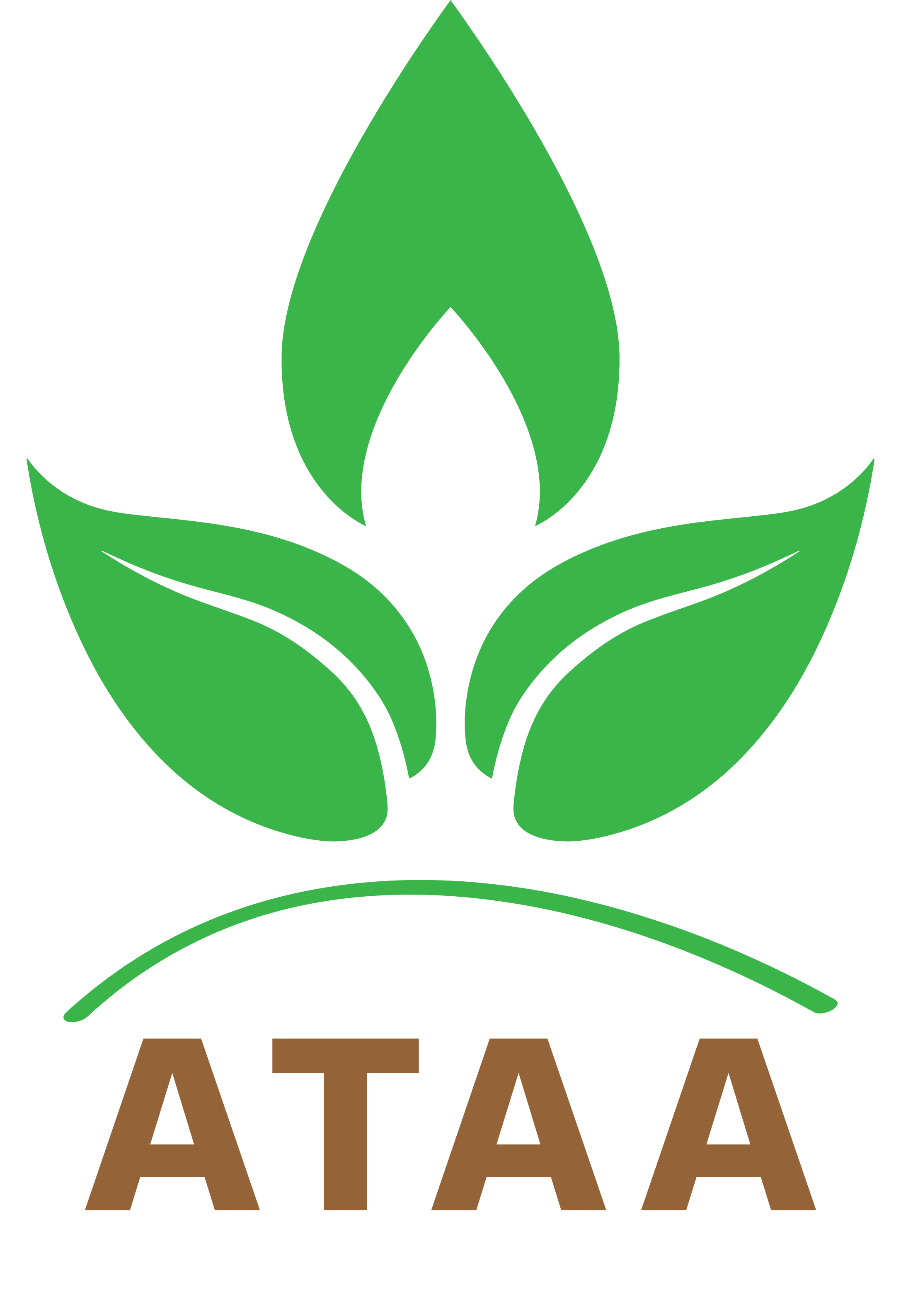ATAA Humanitarian Relief Association launched in early July a project to support the value of the olive chain, to be implemented in ten villages in the northern Syrian regions, until the end of February next year.
According to its manager, Safi Al-Hayek, the project aims to support the resilience of the displaced people and the host community at the same time. It enables farmers by supporting them with activities that add value to the olive harvest, from irrigation fuel, pesticides, fungicides and compound fertilizer, in addition to harvesting and pruning services.
In addition to these activities, the project team holds training courses for farmers with the aim of raising their level of knowledge and developing their practice in serving and raising olive trees.
Al-Hayek pointed out the importance of the project, which will contribute to the production, marketing, selling and providing job opportunities in the community, as well as enhancing solidarity in the community and improving its food security, by providing services to more than 3,000 families who are benefiting from the project.
Al-Hayek noted that the project provides the plowing service in autumn and the addition of compound fertilizer to enhance the soil health by increasing soil water absorption, so that the crop can be harvested in the months of October and November.
It is worth mentioning that ATAA Humanitarian Relief Association will provide farmers with financial vouchers to support pressing the olive after the harvest, and it will support its marketing and sale by purchasing oil bottles from each farmer at a subsidized price and providing them to needy families within the Association’s other projects.




